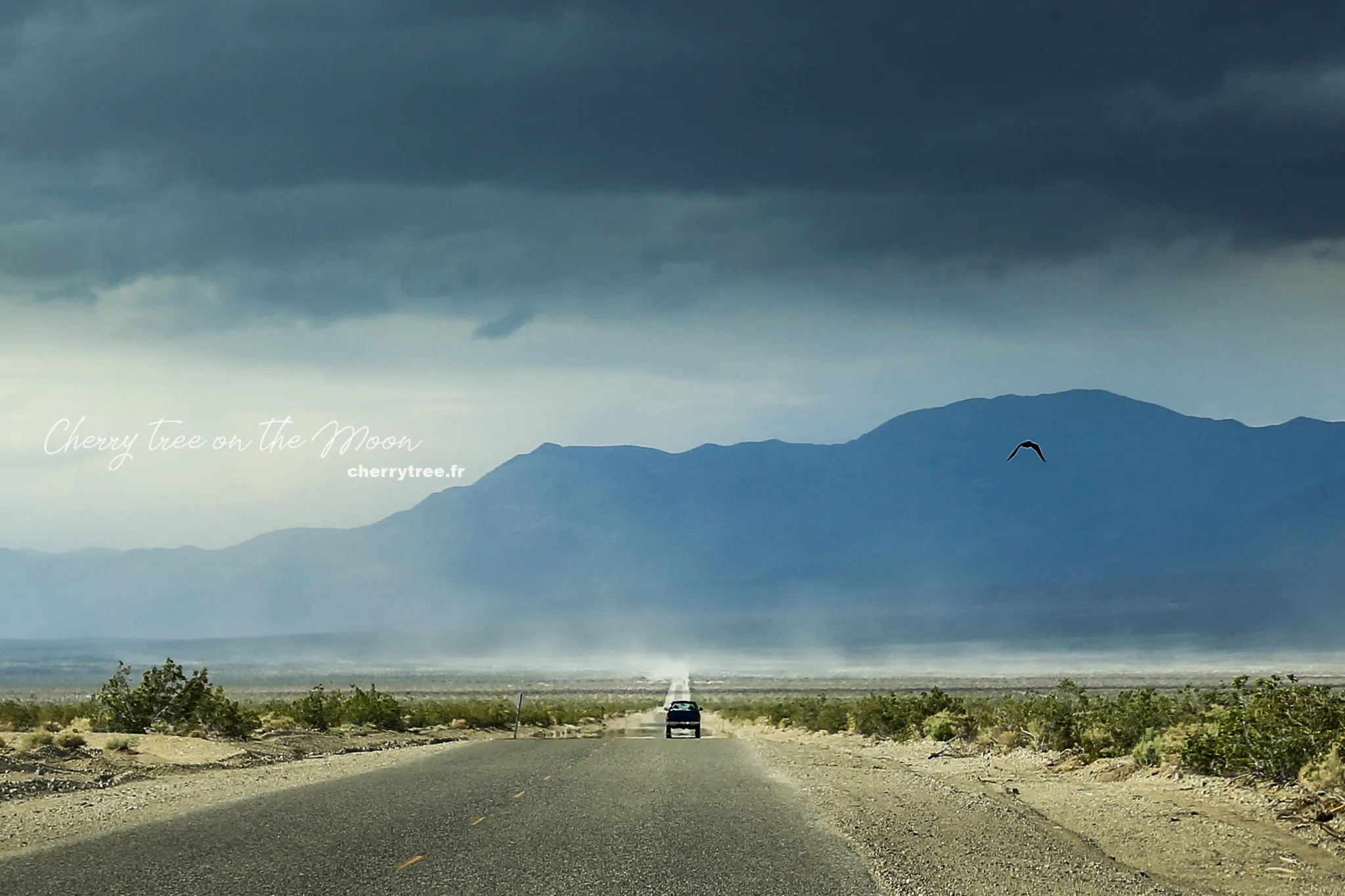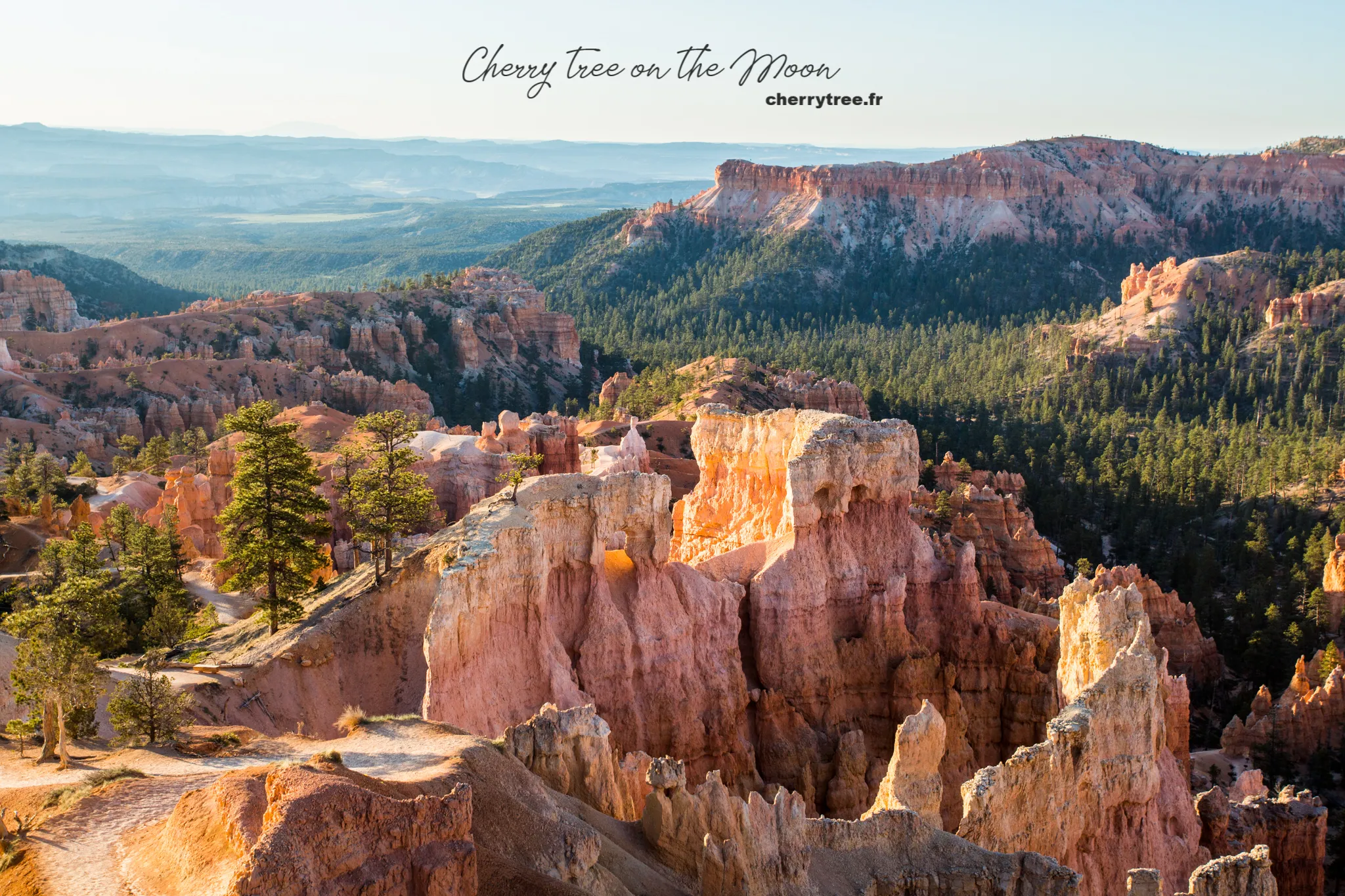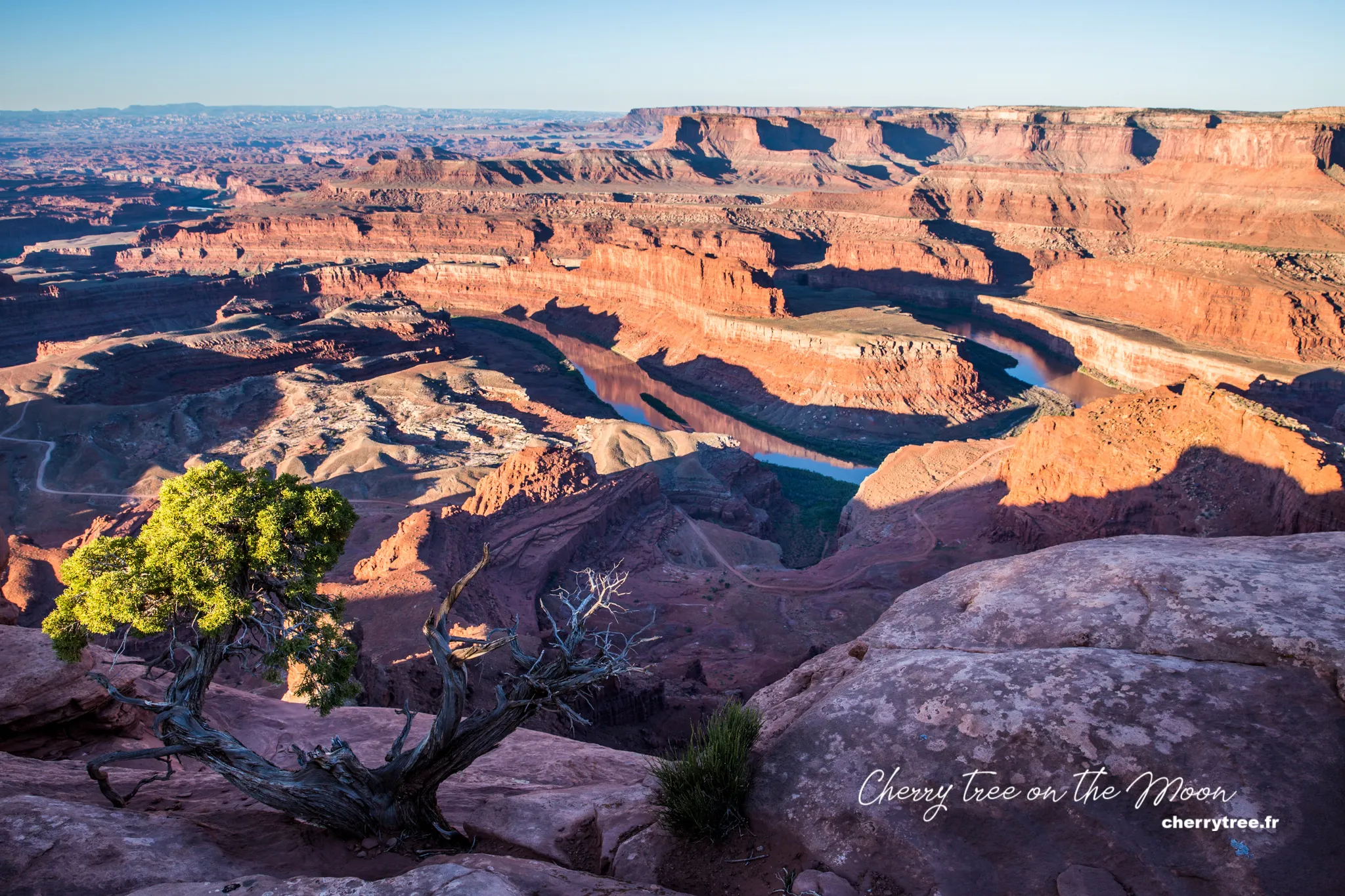Once upon a time, in my younger days, exploring America was far from my mind. My perception of the US was limited to towering skyscrapers, bustling streets, and a somewhat foreign lifestyle. However, fate and work brought me to the land of stars and stripes. America unfolded before my eyes, urging me to shed my preconceived notions and embrace a new territory. And I realized, America was nothing like I had imagined.
Vast roads, friendly people, and magnificent nature conquered my heart. Verdant mountains, immense forests, expansive plains, and multicolored deserts awakened my adventurous spirit. I told myself, if there is a place on this earth perfect for endless journeys, it is America. And I knew, I would definitely return someday.
Colorado Calling: The Adventure Begins
And return I did, almost immediately. Instead of familiar routes, this time I chose Colorado, a state renowned for its majestic mountains and challenging off-road trails. And my chosen vehicle to conquer this land was none other than an all-terrain vehicle (ATV). This trip was not just a journey; it was an expedition to discover myself, push my limits, and immerse myself in the wild nature.

But Colorado is not an easy destination, especially when you choose to explore it by ATV. Rugged terrain, harsh weather, and dusty trails are challenges you must face. However, the rewards for these efforts are breathtaking landscapes, unforgettable experiences, and a sense of proud accomplishment.
Preparing for the Trip: Essential Gear and Knowledge
To have a successful ATV trip in Colorado, you need to prepare everything thoroughly, from knowledge and riding skills to equipment and itinerary.
1. Knowledge and Skills:
- Local traffic laws: Thoroughly research the traffic laws applicable to ATVs in Colorado, including regulations on registration, insurance, driver’s licenses, and permitted areas.
- Riding skills: Practice riding skills on rough terrain, including the ability to control the ATV on steep slopes, overcome obstacles, and handle emergency situations.
- Basic ATV repair skills: Learn how to fix minor ATV breakdowns, such as changing tires, checking oil, spark plugs, etc., so you can troubleshoot problems on the road.
- Survival skills: Equip yourself with wilderness survival knowledge, including how to find water sources, set up camp, and provide first aid.
2. Equipment:
- All-terrain vehicle (ATV): Choose an ATV suitable for the terrain and purpose of use, ensuring it is well-maintained before the trip.
- Protective gear: Helmet, goggles, gloves, body armor, long-sleeved clothing, and high-top boots are essential to protect you from accidents and harsh weather.
- ATV repair tools: Basic ATV repair kit, tire pump, cables, duct tape, etc.
- Navigation devices: GPS, maps, compass to help you locate your position and find your way.
- Personal gear: Tent, sleeping bag, cooking utensils, drinking water, dry food, sunscreen, medicine, etc.
- Communication devices: Mobile phone (ensure signal coverage in your travel area), walkie-talkies.
3. Itinerary:
- Thoroughly research trails: Find information about off-road trails in Colorado, including difficulty level, length, scenery, and attractions.
- Detailed planning: Determine starting point, ending point, stops, travel time, and recreational activities.
- Time estimation: Calculate travel time for each leg, plus buffer time for unexpected incidents.
- Book in advance (if necessary): Book campsites, motels, or hotels in advance, especially during peak season.
Most Exciting Off-Road Trails in Colorado
Colorado boasts countless stunning off-road trails, suitable for all skill levels and exploration preferences. Here are a few suggestions:
1. Alpine Loop:
This loop is approximately 65 miles long, passing through high mountains, dense forests, and historic towns. You will witness magnificent landscapes, beautiful waterfalls, and unique historical sites.

2. Imogene Pass:
This is one of the highest off-road passes in Colorado, reaching an elevation of 13,114 feet (about 4,000 meters). This trail is quite challenging, but in return, you will enjoy panoramic views of the majestic San Juan Mountains.
3. Black Bear Pass:
This pass is famous for its dangerous switchbacks and steep sections. However, if you are brave enough to conquer it, you will be rewarded with breathtaking scenery and a supreme sense of accomplishment.
4. Engineer Pass:
This pass is about 55 miles long, passing through abandoned mines, clear blue lakes, and vibrant flower meadows. This is a great option for those who want to explore the pristine beauty of Colorado.
5. Cinnamon Pass:
This pass is about 20 miles long, connecting the towns of Lake City and Silverton. You will admire snow-capped mountains, lush green pine forests, and majestic waterfalls.
Important Notes for a Safe and Fulfilling Trip
- Check the weather before you go: Colorado weather is very unpredictable, especially in the high mountains. Check the forecast before you go and be prepared for all situations.
- Travel in groups: Traveling in groups is safer, especially when you go into remote areas.
- Inform relatives: Let your relatives know your itinerary and contact them regularly to let them know you are safe.
- Bring enough water and food: Make sure you have enough drinking water and food for the entire trip, especially when you go to areas without rest stops.
- Respect nature: Do not litter, do not make noise, and do not damage plants and wildlife.

Conclusion: Colorado Awaits You!
Traveling Colorado by ATV is an amazing experience, giving you the opportunity to explore wild beauty, challenge yourself, and immerse yourself in magnificent nature. With thorough preparation and an adventurous spirit, you will have a memorable and fulfilling trip. Plan your trip today and explore Colorado your way!